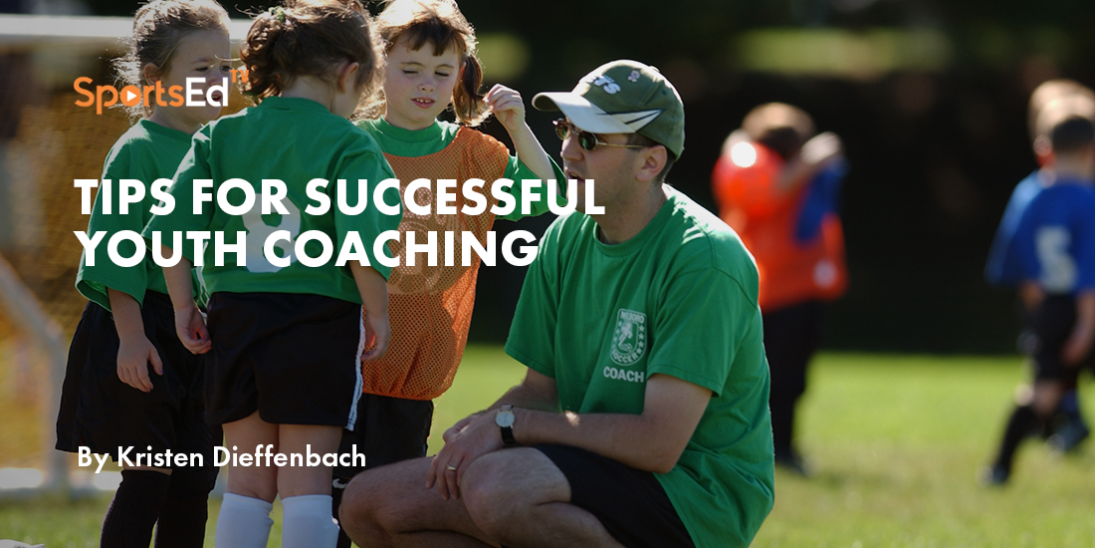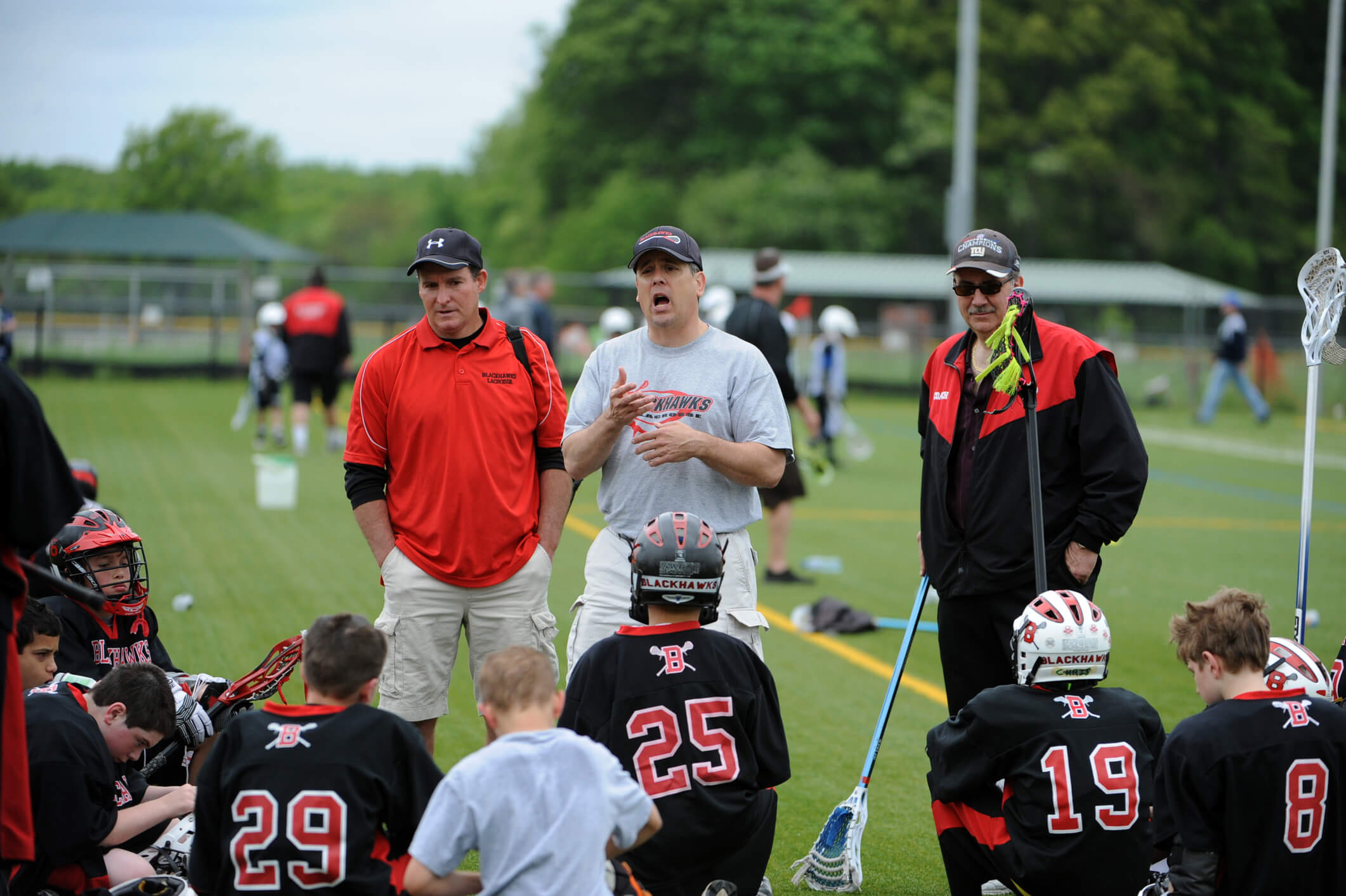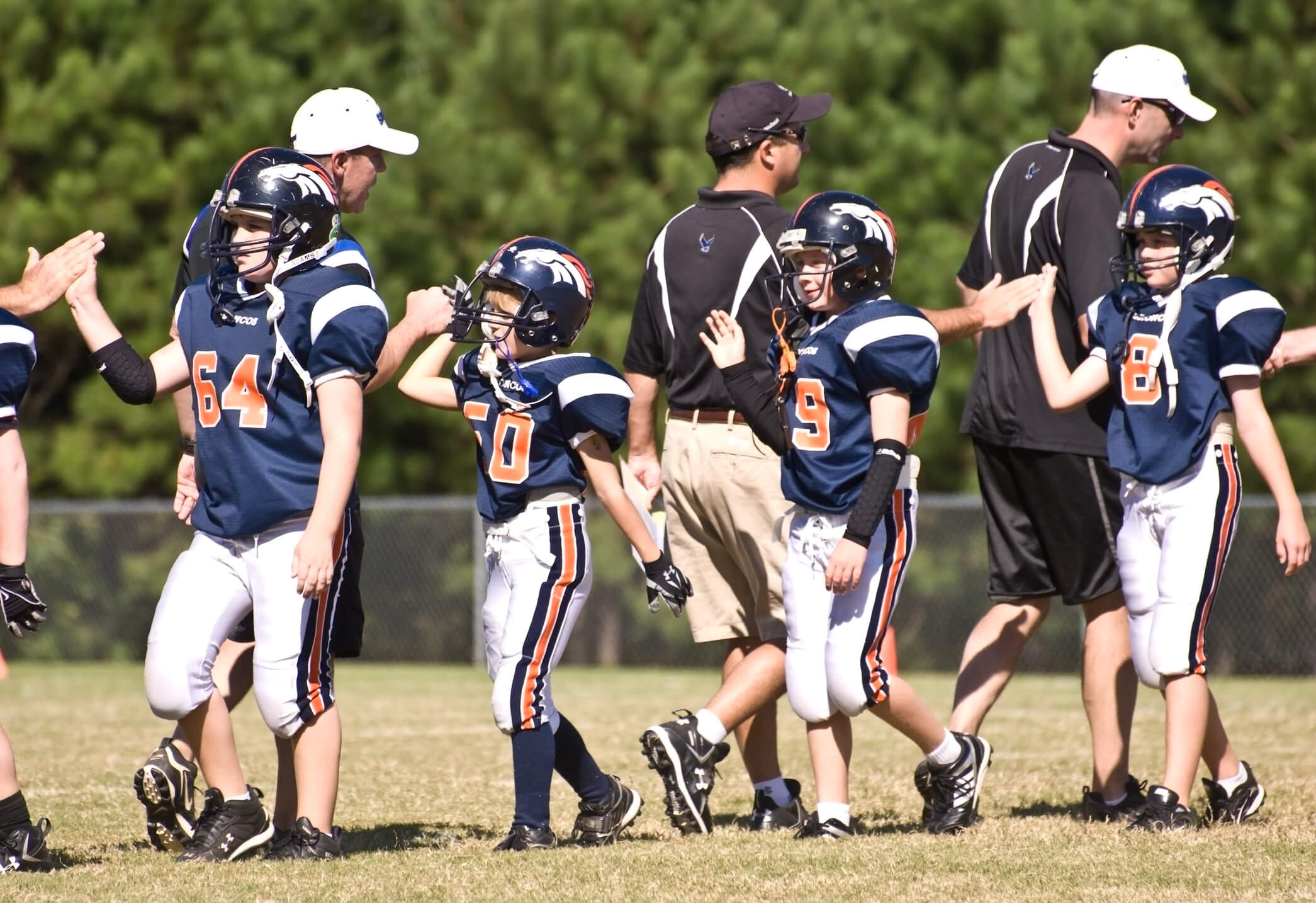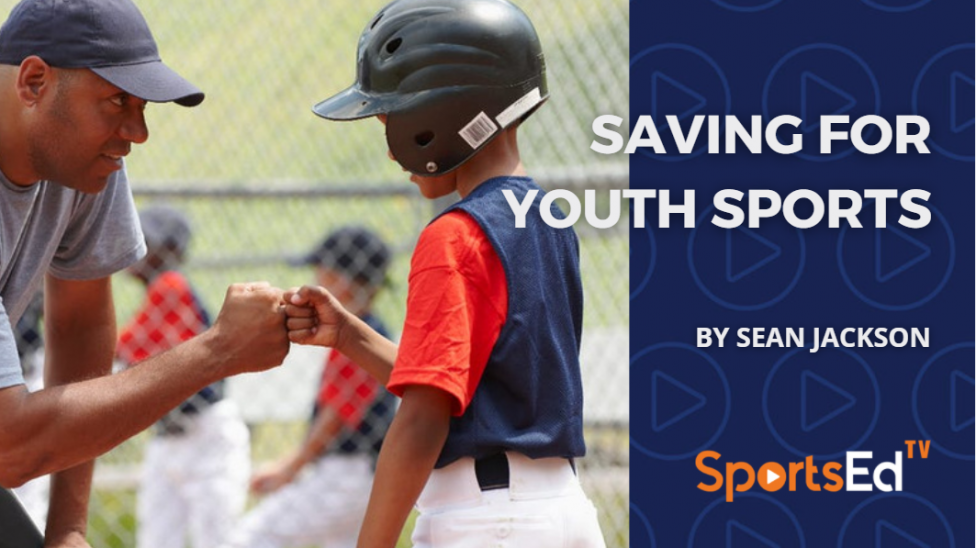Baseball, Basketball, Soccer, Sports Parenting, Volleyball
Welcome and thanks for visiting...

Tips For Successful Youth Coaching

Coach: An island of one?
Coaching can be all-consuming. Even volunteer coaches with full-time non-sport day jobs talk about spending hours planning practices, watching videos for new ideas, and thinking about strategy. Outside of the professional realm, coaching can feel a bit like a one-man or woman band. Developing the rhythm of practice, getting everyone in tune, and bringing it all together in a single song is as daunting as a solo task. This raises the question, why is coaching at the youth level so often approached as a solo job?
When asked why they participate in sports, parents and kids alike talk about friendships and teamwork. A central theme in coaching is helping players learn how to practice and compete as a team. Even individual sports athletes learn the value of teammates to push, challenge, and support one another. Yet in youth sports spaces, the importance of the team, viewing the involved adults as a leadership team, is often overlooked. Consider for a moment the value of creating a collaborative culture among adults as the backdrop for supporting kids’ development through sport.
As the head coach or person on point, your role is to provide vision and direction, clarify roles and responsibilities, lead communication, and support momentum for both teams – kids and adults. Depending on the sport, the ‘staff’ may extend to one or more team managers, snack parents, on-field assistant coaches, fundraisers, and sometimes even off-field culture keepers, all of whom are volunteers. Bringing this group together without micromanaging can mean the difference between a stressful season, coaching overload, and burnout and a rewarding season for everyone.
Considerations for building a youth sports coaching staff
Recognize the Shared Motivation
Each participant on a youth sports team comes with at least one, if not many, invested adult. A common denominator is a desire for their young participant to have a positive experience. Building both formal partnerships with individuals who volunteer and informal partnerships with all team parents and guardians means recognizing and supporting the shared motivation as a common ground.
Clarify Your Goals
As the head coach, being able to clearly articulate your goals, not only for scoreboard outcomes but also for development gains, practice format, and other essential details, helps other adults understand how to best connect with and support the program. Make sure those goals are both about ‘what’ is being coached- what skills and behaviors you are striving to teach through coaching - as well as about the ‘how’ of your coaching - the teaching and leadership styles you are striving to provide.
Know &; Share Your Philosophy
Being able to articulate your ‘how to’ goals starts with having a clear coaching philosophy. Too often, coaches mistake having a vision for player outcomes and behavior expectations as being the same as having a philosophy. While these things are important, they are the foundation for a player’s manual and program planning. A coaching philosophy is all about you as the coach. Take time to consider what kind of teacher you are as a coach and what kind of coach you aspire to be remembered as. What can players and parents expect from you? What do you expect from yourself? Write this out in a few paragraphs or a list of clear bullet points that you can share. Be sure it includes what kind of coaching leader you aspire to be with your fellow volunteers as well. Review this statement at least a few times a season to self-assess whether you are staying true to your coaching philosophy.

Establish Partnerships
It is always helpful to have a designated leader for any collective effort. However, in the youth sports space, the volunteer nature of the roles means that team building and creating a cohesive ‘staff’ looks different than in a traditional workplace. Strive to create partnerships instead a top-down boss hierarchy. Think about what peer collaboration might look like, remembering that ‘peer’ is defined as someone of equal standing. Naturally, different volunteer positions have different responsibilities within the leadership partnership, but mutual respect and valuation are essential for successful collaboration towards the mutual motivation and goals of supporting a quality development experience for the players.
Value Skills &; Give Agency
While the head coach is the designated person in charge in most youth sports settings, this does not mean they need to do everything or that the position is a dictatorship. Embracing the youth sports coach role means you are leading a team of adults responsible for supporting the development of all the youngsters on the squad. Top coaches embrace servant leadership, leading with the best interest of those being served in mind. Being a servant leader is a collaboration style that recognizes and values the skills of others and allows them the opportunity to make meaningful contributions. Giving fellow volunteers agency, allowing them to take ownership of designing drills, working with subgroups, or running a station helps build a leadership team culture and boosts individual investment, both of which are important in supporting season-long volunteer engagement. On the flip side, micromanaging peers and expecting others to only execute directed tasks decreases volunteer motivation and undermines the development of a united leadership front.
Communicate Early &; Often
In all relationships, high-quality communication is critical. Particularly in the digital age, when messages can be sent at the touch of a button, it can be easy to forget that communication is not a one-way street. Effective communication needs not only to be clear and timely; it also needs to be accessible and understandable. Don’t assume that a message sent is a message received. Have follow-up clarifying conversations in person with peers and ask questions about key points to support the agency. Avoid the non-informative, ‘are there any questions’ or ‘does everyone understand’, which often don’t yield productive clarification opportunities. Develop pre and post-practice two-way communication strategies for both planning and debriefing. Don’t forget to communicate learning focus points to parents regularly and enlist others within the volunteer pool to help create communication channels that work for your group.
Be Prepared to Listen
In ensuring that communication is a two-way street, it is necessary to be prepared to engage with and listen to others. Establish guidelines and create routine spaces for two-way communication to create both boundaries and opportunities. Share your preferred communication channels for different conversations, such as a team sports app, text messaging, or phone calls with informal partners (e.g., parents and guardians). When listening, especially if there is frustration or concern, strive to remember the common motivation and seek opportunities to collaborate.
Listening to the ‘staff’ and the coaches supporting practice is especially important. Unfortunately, volunteer coaches rarely have the luxury of a coaching office to retreat to, and the need to collect their own players post-game or practice makes ‘staff’ debriefing and planning challenging. What about a shared Google document for post-game reflection notes or using a video chat platform for coaching meetings to discuss what different coaches saw (valuing their skills and expertise) and ideas for ways to support player development? Brainstorm strategies as a ‘staff’ can result in useful and unique solutions for your group.

Be Appreciative
Money aside, the most precious resource in the busy youth sports culture is time. Families are rushing between obligations, courts, ice, and fields are scheduled back-to-back, and coaches struggle to get out of their last meeting to make it onto the pitch on time. Recognizing peer efforts and demonstrating appreciation regularly, not just at the end of the season, are important to support and sustain volunteer energy and to create a model of a healthy community for your players.
Ultimately, as the head coach, it is your team. However, never lose sight of the responsibilities that come with the honor and the fact that it is the kid’s experience that you get to be a part of, not the other way around. Creating a youth sports team village will provide long-lasting benefits far beyond the season for everyone involved.
BIO
The United States Center for Coaching Excellence is a national non-profit organization dedicated to supporting quality coaching education systems and the programs and pathways for coaching education and coach development that support coaches in creating high-quality experiences and outcomes for athletes of all ages. The USCCE brings together coach educators and coach developers annually at the North American Coach Development Summit and provides resources that support quality coaching systems and coach development. Kristen Dieffenbach, Ph.D., CMPC, is the executive director of the USCCE.








